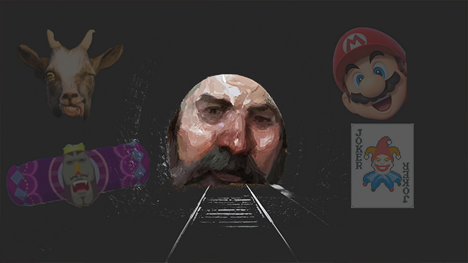Embracer's M&A era is ending with job cuts and game cancellations
The big-spending Swedish conglomerate is now seeking to become a "more focused, self-sufficient company."
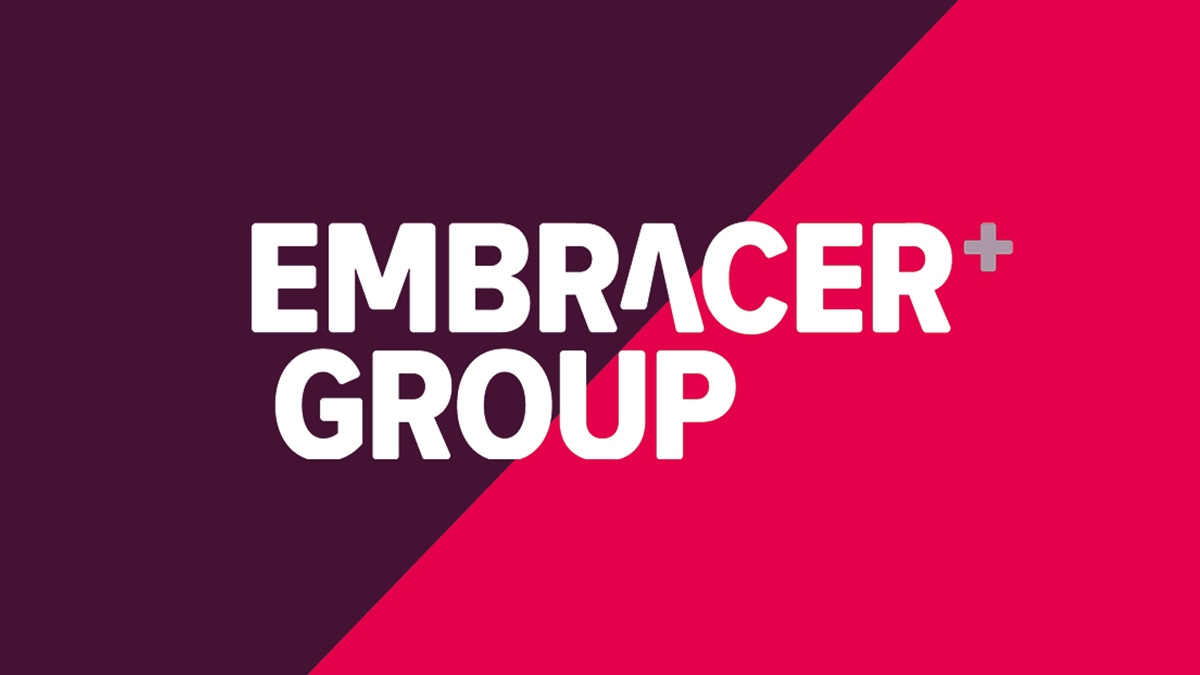
Swedish conglomerate Embracer Group is making an unknown number of layoffs to move away from its "current heavy-investment-mode" and become a "highly cash-flow generative business."
The company has spent a huge amount of cash in recent years as part of an M&A strategy that has seen it acquire studios such as Crystal Dynamics, Deep Silver, THQ Nordic, Eidos Montreal, and Gearbox. Those moves have made it the owner of notable franchises like Borderlands, Deus Ex, Tomb Raider, Dead Island, and Metro.
Embracer Group CEO, Lars Wingefors, says the firm must become a "more focused, self-sufficient company" after spending so much time targeting rapid expansion.
As a result, layoffs are being made across the company. It's currently unclear who'll be affected by the cuts, with Wingefors simply explaining that Embracer's current staff count of 17,000 workers "will be lower by the end of the year."
"It is painful to see talented team members leave. Our people are what make up the very fabric of Embracer. I understand and respect that many of you will be worried about your own position and I don’t have all the answers to all questions. I want to be clear that the decisions about this program were not taken lightly," wrote the CEO in an open letter shared with investors.
"I am asking all our managers to lead and act with compassion, respect, and integrity. Throughout each phase and wherever possible, we will work to ensure that affected team members receive information first. Where we can, we will try to provide opportunities for our colleagues to transition onto other projects. It’s important to note that while we are removing roles in some companies, we will continue to hire in others."
Free-spending Embracer downscaling M&A ambitions
The restructuring program will see Embracer close or divest some of its studios and terminate or pause some ongoing development projects with "low projected returns." The company will also reduce spending on non-development operations such as overhead and other operating expenses, scale down its third-party publishing efforts, and place a greater emphasis on internal franchises and securing external funding for large-budget titles.
Embracer says those measures will allow it to improve efficiency and reduce capital expenditure by reaching a financial net debt below SEK 10 billion by the end of FY2023/2024. It also wants to reduce overhead costs by at least 10 percent on a yearly basis.
Notably, the program will include the creation of a more comprehensive, centralized process for game investment and progress review–again indicating that Embracer's reign as one of the video game industry's most liberal spenders is over.
A new management team consisting of interim chief operating officer, Matthew Karch, and interim chief strategy officer, Phil Rogers, has been assembled to plan and implement the restructuring process. Karch was formerly an Embracer board member and CEO of group subsidiary Saber Interactive. Rogers, meanwhile, is the CEO of Crystal Dynamics and will retain that position alongside his new interim role.
Ultimately, Embracer CEO Lars Wingefors believes the cuts will allow the company to unlock "significant untapped potential," and called on those who'll remain once the layoffs are over to "work together" to realize that vision.
"We need to better leverage our scale, the quality of our portfolio and our capabilities. Our commitment to our transmedia strategy remains intact. That strategy alone has great potential to deliver substantial value across the group over the coming years," added Wingefors.
"Ultimately, this will empower our entrepreneurs and creators to continue to deliver outstanding and memorable experiences to gamers and fans across the globe. I’m confident in our team’s ability to achieve results and maintain our position as a worldwide leader in the gaming industry."
About the Author(s)
You May Also Like


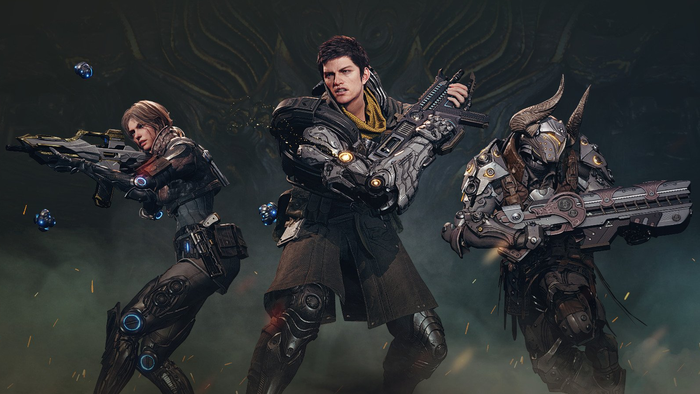
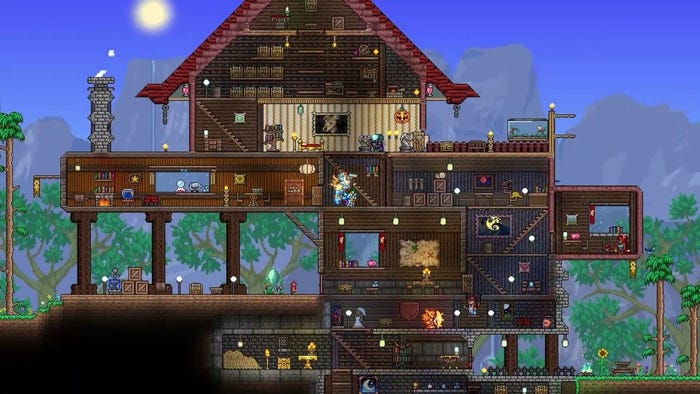
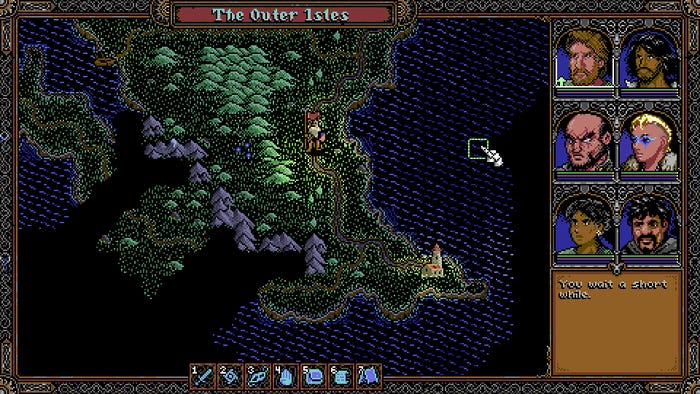


.jpeg?width=700&auto=webp&quality=80&disable=upscale)


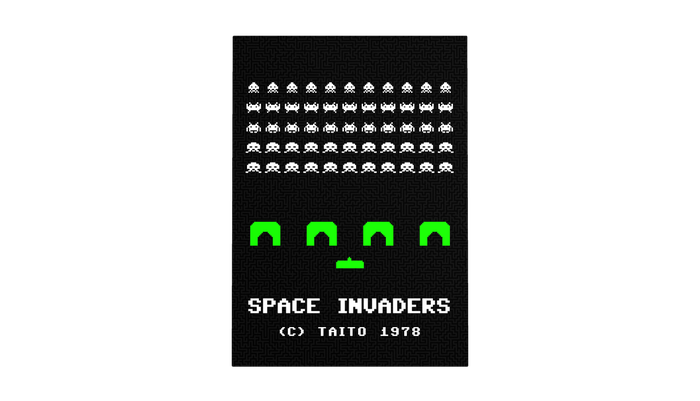
.jpg?width=700&auto=webp&quality=80&disable=upscale)
